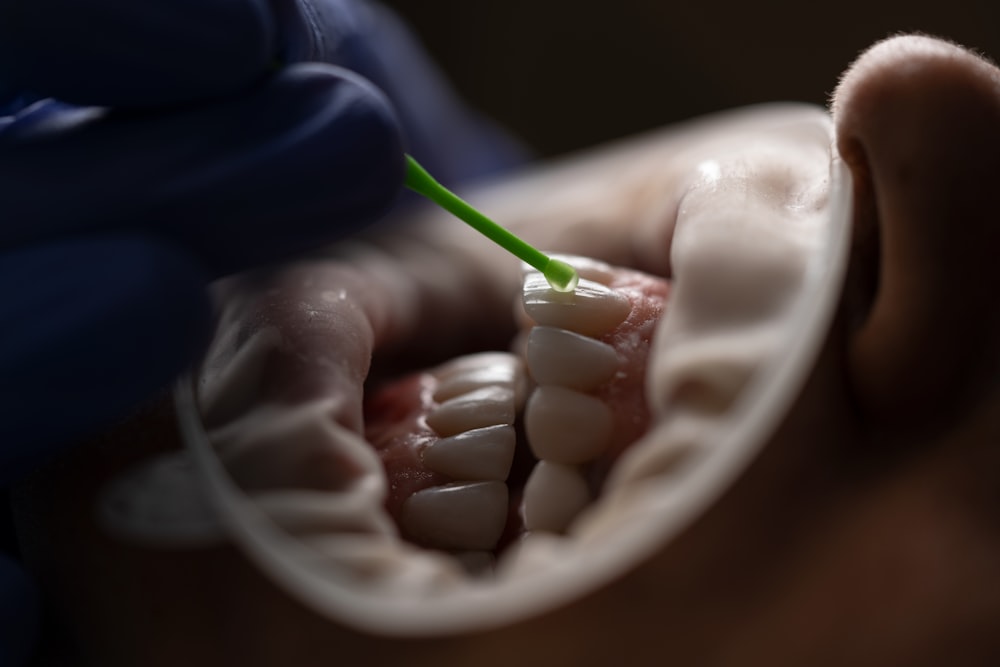
Can staying up late cause low blood pressure? This question may arise because after staying up late the body often feels discomfort. Symptoms felt after staying up late may be identical to symptoms of low blood pressure (hypotension) such as weakness, headache, dizziness, blurred vision, nausea and even loss of balance. So it is not surprising that many think that lack of sleep causes low blood pressure. But is it true? Let’s look at the following discussion.
Can staying up late cause low blood pressure?
The habit of staying up late can have a bad impact on health, including blood pressure. So, can staying up late cause low blood pressure?
Lack of sleep can indeed cause problems with blood pressure. But it is not true that lack of sleep causes low blood pressure or hypotension. Conversely, lack of sleep actually triggers high blood pressure or increased blood pressure.
During normal sleep, blood pressure will drop by about 10-20%. This is known as ‘nocturnal dipping’ which is considered to have an important role in maintaining heart health.
Sleep deprivation or multiple sleep disturbances have been linked to non-dipping, or blood pressure that doesn’t drop at night. According to the Sleep Foundation, increased blood pressure at night has even been linked to overall hypertension. That’s one reason lack of sleep causes high blood pressure.
Getting enough sleep, which is 7-9 hours per day without interruption, has an important role in maintaining health. Sleep provides time for the body to recover.
The habit of staying up late will have a bad influence on the cardiovascular system which regulates blood pressure and your heart health. Insufficient or disturbed sleep can increase your risk of developing hypertension, heart disease, heart attack, diabetes, and stroke.
Causes of low blood pressure to watch out for
Now you know that staying up late doesn’t cause low blood pressure. However, that does not mean people who often stay up late can not experience low blood pressure.
Some people can have low blood pressure all the time without feeling any symptoms. The cause of this type of hypotension is unknown.
A person can also experience a sudden drop in low blood pressure, for example when standing up suddenly, eating, suddenly feeling afraid or experiencing a shocking event.
On the other hand, several conditions can cause long-term low blood pressure which can be dangerous if left untreated, including:
- Circulatory disorders caused by a heart attack or heart condition
- Dehydration from vomiting, being unable to hold fluids, or having severe diarrhea
- Endocrine disorders, such as diabetes and thyroid disease
- Experiencing nerve damage
- Experiencing shock, which causes vital organs not to get enough oxygen
- Large amount of blood loss due to injury
- Having a blood infection
- Bed rest for a long time
Tips to reduce staying up late
To help you fall asleep faster and more soundly, there are some tips you can do to reduce the habit of staying up late, including:
Stick to a sleep schedule
Set aside eight hours of sleep and then go to bed and wake up at the same time every day. If you need to stay awake longer, it’s best not to shift your bedtime by more than an hour.
Pay attention to the food and drinks consumed
Don’t go to bed hungry or full. Avoid heavy meals a few hours before bedtime so you don’t stay awake because of an upset stomach.
Avoid nicotine, caffeine, and alcohol
Nicotine and caffeine can make it difficult to fall asleep while alcohol can wake you up suddenly in the middle of the night.
Create a quiet room
So that sleepiness arrives soon, create a supportive bedroom atmosphere. The ideal room is generally cool, dark and quiet.
Do relaxing activities before bed
Bathing or using relaxation techniques, can improve sleep quality. You can try taking a warm bath to relax or try meditation or muscle stretching so you can sleep in a calm and comfortable condition. Avoid using gadgets before bed because it can reduce sleepiness at night.
Limit naps
Taking too long a nap can interfere with nighttime sleep. Should not nap more than 30 minutes and avoid doing it in the afternoon.
Have regular physical activity
Regular physical activity or exercise can improve sleep quality. However, avoid being active too close to bedtime.
You are advised to do regular exercise every day. It can be started by walking more or doing higher intensity physical activities such as running or doing other exercises.
Manage stress
If there is a problem that bothers your mind, solve it before going to bed. If it’s still left, write it down and put it off until tomorrow. Manage stress well. You can also do meditation to relieve the anxiety you feel.



